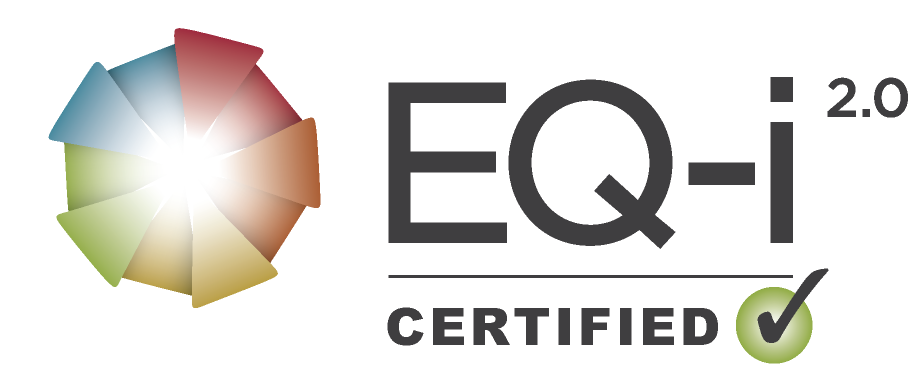EMOTIONAL INTELLIGENCE ASSESSMENTS
Research is showing us that the smartest people in the room are not always the most successful or the most fulfilled in life. People who are academically brilliant can sometimes have focused so much on their IQ at the expense of their EQ which affects their social and relationship building skills which ultimately effects their personal relationship and professional success. Intellectual ability or your Intelligence Quotient (IQ) is not enough to achieve success in life. For example, IQ can help you land a great position, but it’s your EQ that helps you manage the stress and emotions, and understand the needs of others when facing workspace challenges and motivating and retaining your top talent.

High emotional intelligence can help you navigate the social complexities of the workplace, lead and motivate others, and excel in your career. In fact, when it comes to gauging important job candidates, many companies now rate emotional intelligence as important as technical ability and employ EQ testing before hiring.
If you’re unable to manage your emotions, you are probably not managing your stress either. This can lead to serious health problems. Uncontrolled stress raises blood pressure, suppresses the immune system, increases the risk of heart attacks and strokes, contributes to infertility, and speeds up the aging process. The first step to improving emotional intelligence is to learn how to manage stress.
Uncontrolled emotions and stress also can impact your mental health, making you vulnerable to anxiety and depression. If you are unable to understand, get comfortable with, or manage your emotions, you’ll also struggle to build rapport or form strong bonds and relationships. This in turn can leave you feeling isolated and further exacerbate any mental health issues.
By understanding your emotions and how to manage them, you’re better able to express how you feel and understand how others are feeling. This allows you to become more empathetic, communicate more effectively, and build stronger relationships, both at work and in personal life.
Being in tune with your emotions serves a social purpose, connecting you to other people and the world around you. Social intelligence enables you to recognize and measure another person’s interest in you, reduce stress, balance your nervous system through social communication, and feel cared for and happy.

Emotional Intelligence Assesments are an inexpensive, effective and very simple way to impact leadership development.
